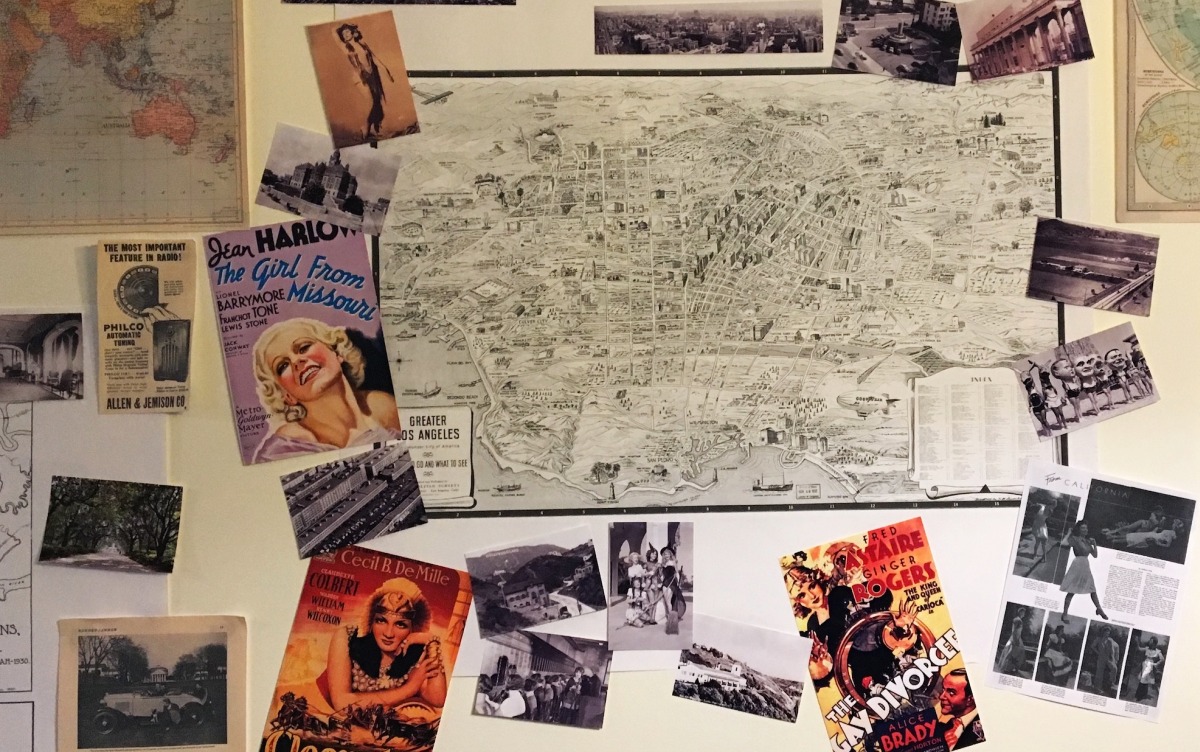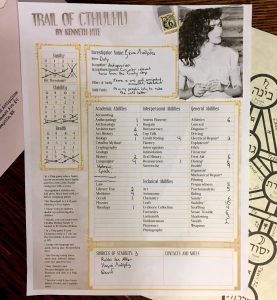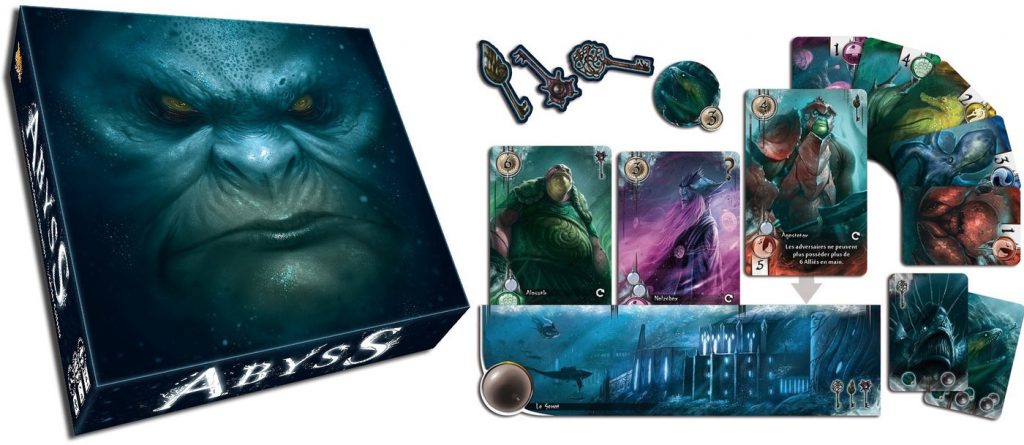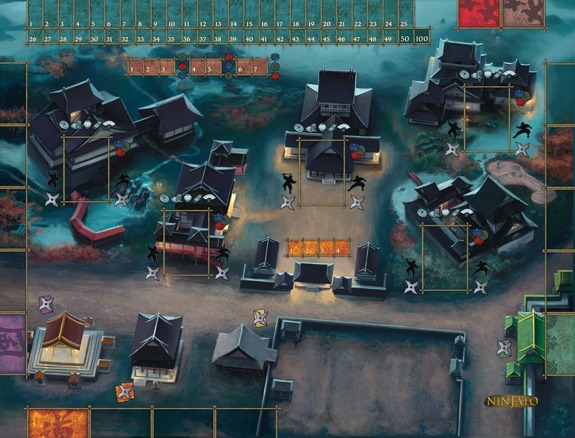Cynthia: It is a little known fact I accompanied Paul Dean during his fearless investigations into the horrific Mythos Tales affair earlier this spring. I witnessed some of those same horrors, unearthed dark revelations couched in official documents, grappled with non-euclidean maps, and ventured alongside him into spaces where our accustomed rules of time and space seemed to break down.
None of that prepared me for the bizarre investigations that I commenced upon my return to Minneapolis –– investigations that continue as I write. Therefore, while I still retain enough of my mind to write, I find it imperative to tell you all this:
There is no Lovecraftian mystery game as engrosssing, as well-crafted, or as much sheer fun as Pelgrane’s roleplaying game, Trail of Cthulhu.
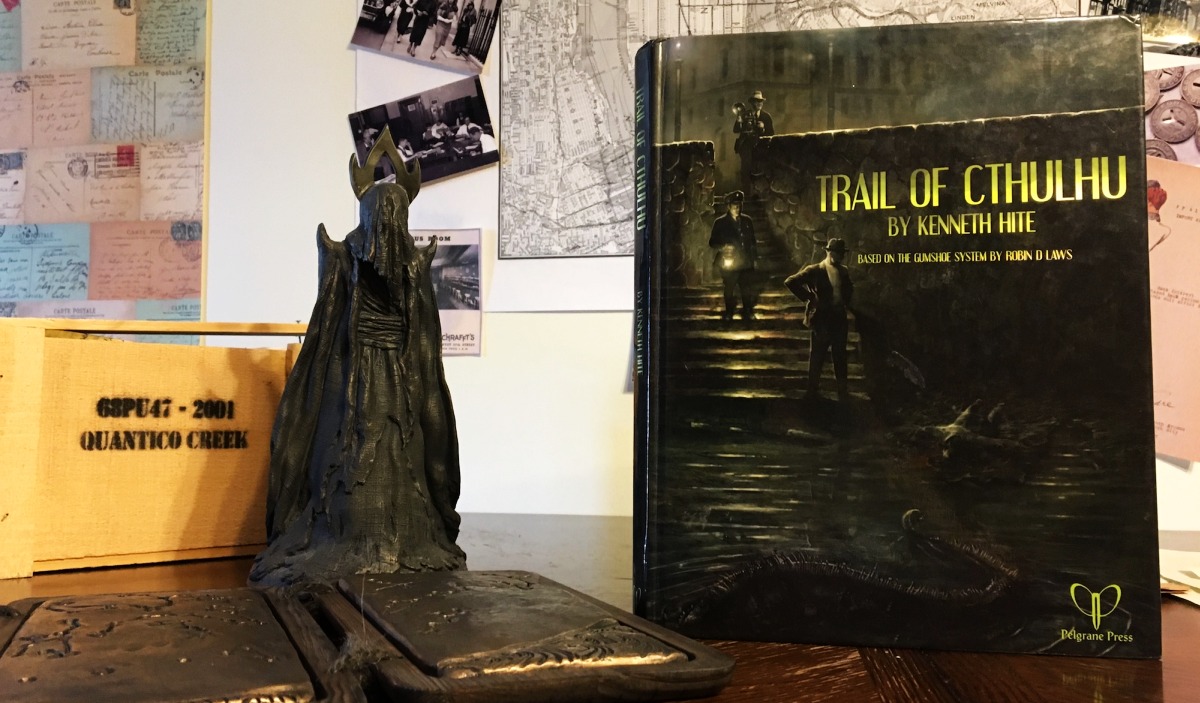
Trail of Cthulhu, designed by Kenneth Hite, is both a psychological horror RPG descended from Call of Cthulhu, and a cousin to deduction games like Sherlock Holmes: Consulting Detective and Mythos Tales. Your goal is to uncover the truth by amassing and interpreting clues from crime scenes, letters, news clippings, bizarre artifacts, libraries, autopsies.
But unlike those game, Trail of Cthulhu usually provides several clues leading to the same step, so that you never get stuck or lost. Even better, you’re never thwarted by typos or the other errors that written communication can create. You have a GM, a human guide, a friendly Moriartyesque mastermind who wants you to succeed… so that they can watch you encounter unspeakable horrors and slowly go insane. Because your character will. inevitably. go. insane.
And by insane, I don’t mean they’ll see some terrible jellyfish-like monster and then go into catatonic shock and/or fire an automatic rifle until it’s out of rounds. Insanity in Lovecraft’s works (and in Trail of Cthulhu) is slow, progressive, and debilitating. Your knowledge, relationships, and beliefs slowly erode until you trust no one and nothing. 2 + 2 = government conspiracy. The chemical formula for water is @!?#$. Time to have a drink!
I first learned about Trail of Cthulhu in 2015. Some friends were playing the Eternal Lies campaign, and their living room was covered in photos of 1930s movie stars and antique maps of exotic places. Even outside of their gaming sessions, this group kept passing secret letters back and forth, making remarks about ubiquitous horrors.
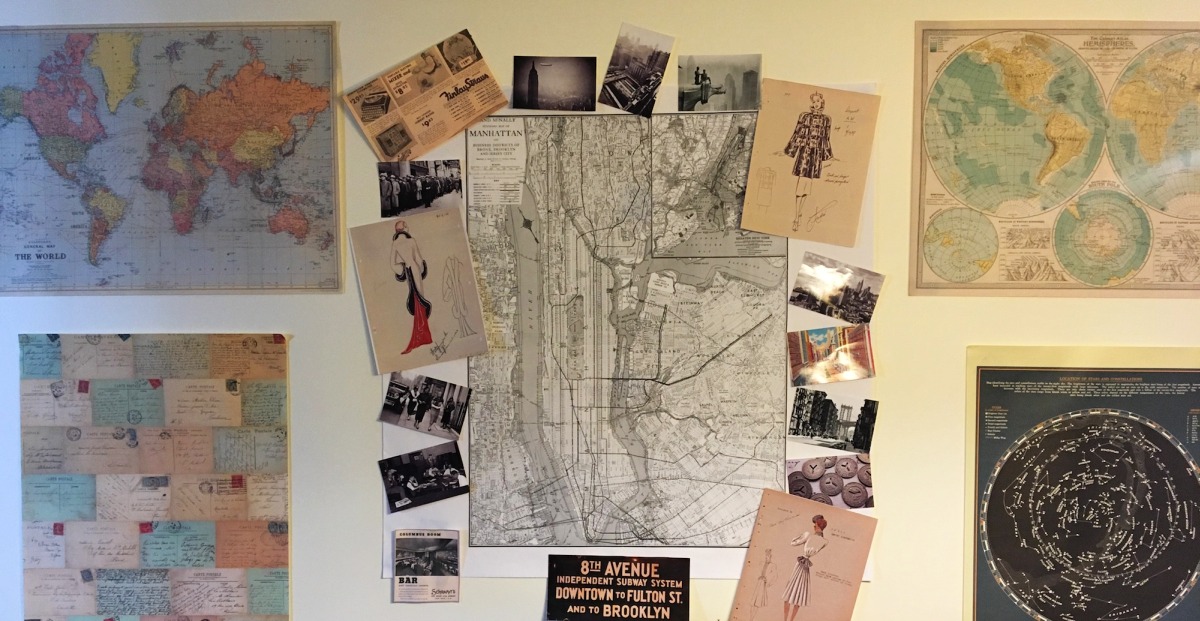
They were obviously having a brilliant time. I wanted in. Desperately. I waited two years to play.
It has been frighteningly worth the wait. I can already see the edges of my character’s stability fraying as she decodes despairing letters, reads stories of strangely mutilated beasts, and begins restlessly travelling the world in search of gruesome clues.
Speaking of character, I recommend creating the most detailed one you can. At the minimum, beyond Occupation, abilities and an innate Drive, your character must have some fundamental beliefs and a support network. Why not also give them a complex past, a family, an occasionally difficult personality, a fully-fledged 1930s dating profile?
My current character (click for bigger!) is a young Greek-Jewish-American nurse from Brooklyn who loves dancing and studying the Talmud, but dreads getting married. Yours might be a veteran of the Great War who stayed in Paris and became an artistic photographer, or a Kenyan doctor now studying medicine in the UK.
Trail of Cthulhu rewards you for every little thing you and your GM invest in it –– and I’m lucky because my GM invests a lot. He types up coded letters and distresses the paper, hunts down black and white photos, and prints out vintage maps of the locations we go to. He mines our characters’ backstories for personal connections to the clues and ways to dissolve their minds. He even enlisted a second GM to keep the game running when the party splits (or when his infant daughter needs her daddy).
Or there’s the time his wife Sarah turned their backyard into a graveyard for us to visit as part of the Eternal Lies campaign.
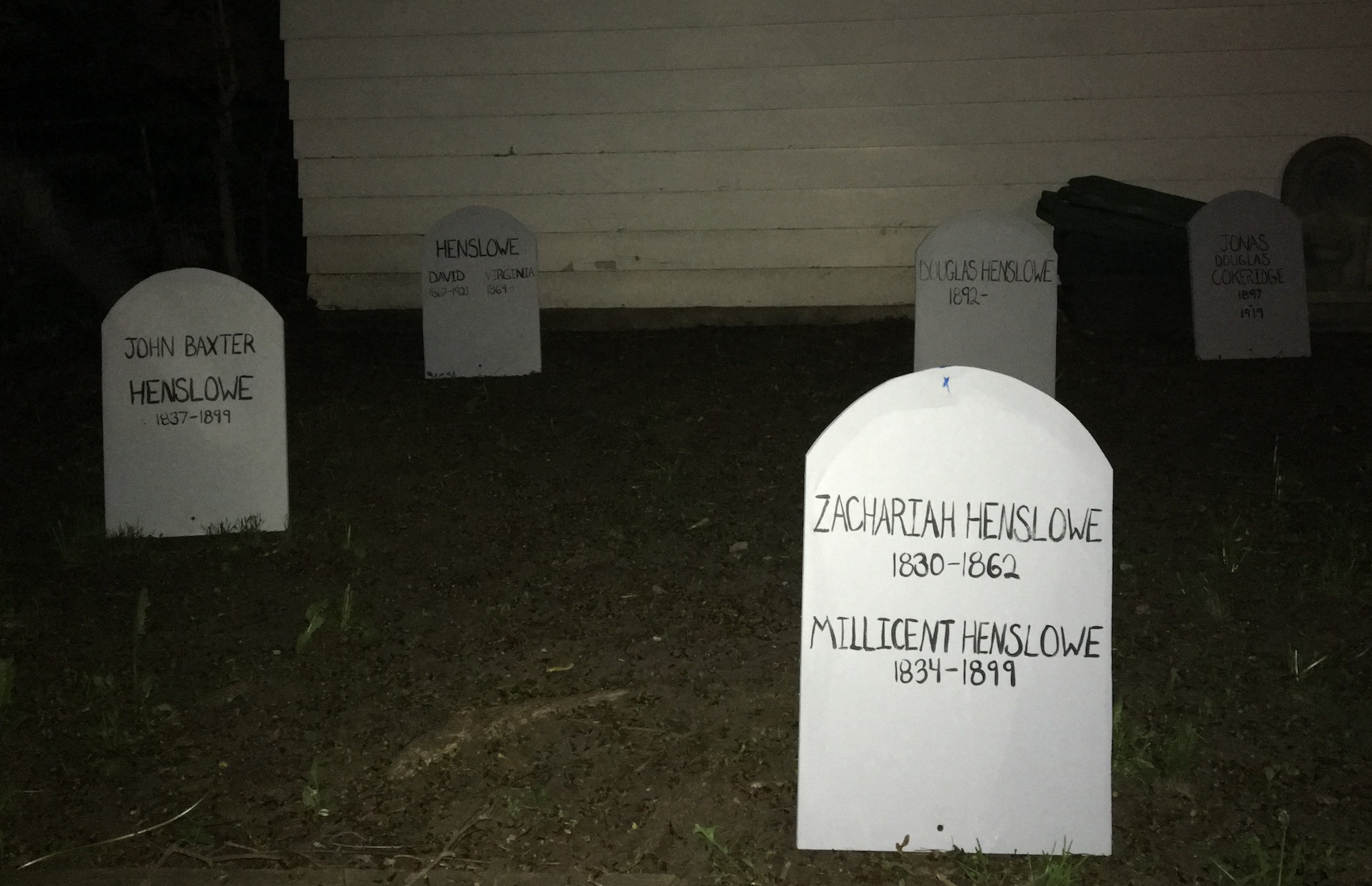
BUT, fortunately, you can run Trail of Cthulhu without any of that. There are fantastic pre-written adventures that don’t need much more prep than a thorough read-through. The Dying of St. Margaret’s, which takes place in a girls’ boarding school in Scotland, is particularly chilling and so well-wrought that newer GMs will find running it not so much stressful as utterly enjoyable –– in a sort of despairing, bleak, nihilistic way, naturally.
Trail of Cthulhu is so eminently accessible thanks to the GUMSHOE system that fuels it. In it, your character has 38 investigative abilities that you can invest points in, like “forensics,” “chemistry,” “languages,” and “art,” You only need one single lovely point to use the ability: someone literate in Ancient Greek, can of course quickly translate a passage from Herodotus. You can also invest more points if you feel your character is an expert in that area, and then spend those points to get more detailed analyses –– and possibly more productive clues. Not only is the passage from Herodotus, but (!!!!) its written in Koine dialect rather than Ionic Greek. SHOCKING. I KNOW.
All of this happens without a single roll of the dice. But you also have a set of twenty-four General abilities, including Athletics, Piloting, Firearms, Riding (riding what, I don’t know), First Aid, Stealth, and (most importantly) Stability and Sanity. When you use any of these, you roll a d6, try to beat the target difficulty, and spend however many points you think you can afford to increase your chances of success.
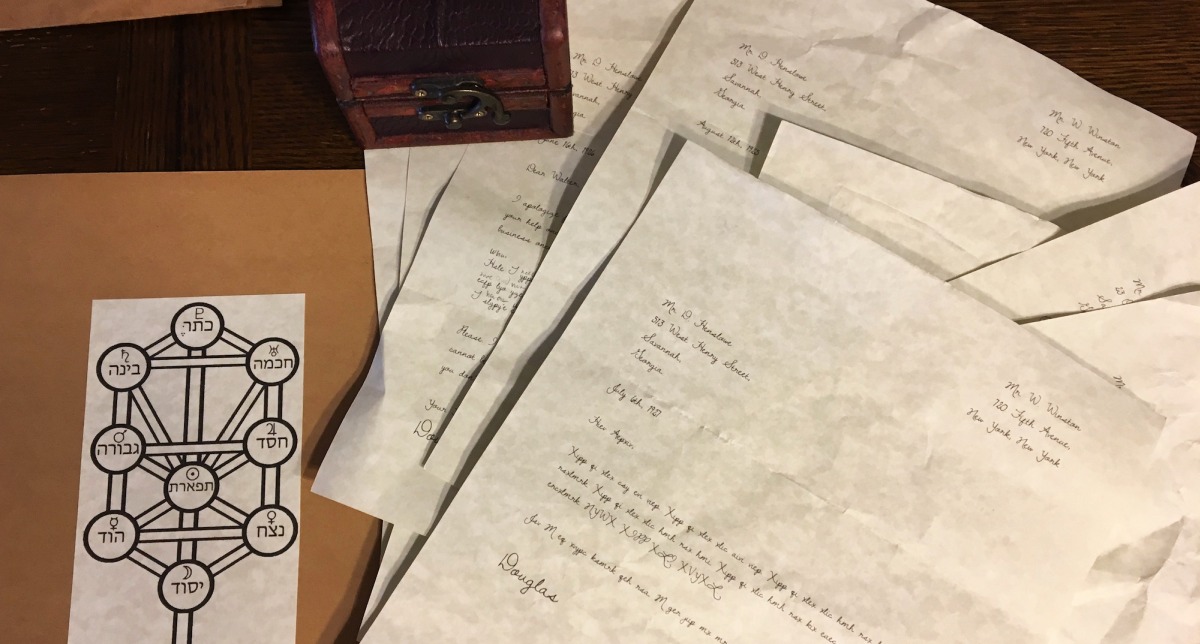
It’s brilliant. Investigations aren’t matters of chance, but of being curious, working with your team, and budgeting your ability points. As long as you can do those things, you’re not going to miss the clues that matter. But staying on horseback, dodging punches, hotwiring a car, psychoanalyzing your friends, and other everyday human activities have an element of danger that you need to be prepared for. You never know when you might need to steal a car. Or when you might be ambushed by a Shoggoth.
This is why Trail of Cthulhu feels closer to Sherlock Holmes: Consulting Detective than it does to Firefly: The Roleplaying Game or even Dungeons and Dragons: it provides a glorious space for interesting roleplaying, but mechanically focuses on the investigation. Even with dice involved, Trail of Cthulhu isn’t so much a game of chance, strategy, or random story generation, as it is an immersive narrative adventure. The goal isn’t to wipe out evil or conquer the world, but to discover the Truth –– and experience how that terrible knowledge ravages (or fulfills?) your character.
There are so many things, so many uncanny, unearthly things that I want to impart to you, but the next stage of my dark investigations is about to begin. Already I’m being pulled towards some unknown destination and soon nameless terrors will be nipping at my heels. And Paul keeps distracting me by texting me about the X-Files.
Wait, no, that’s actually useful. Hold on.
In some X-Files episodes, like Small Potatoes or Bad Blood, the agents travel to some banal American town, have awkward conversations with the locals, exchange some slightly sexy banter, fire their weapons, and come home generally unscathed. But in others, the quest for the truth tears Mulder and Scully’s lives apart, threatens their loved ones, and alters what they believe.
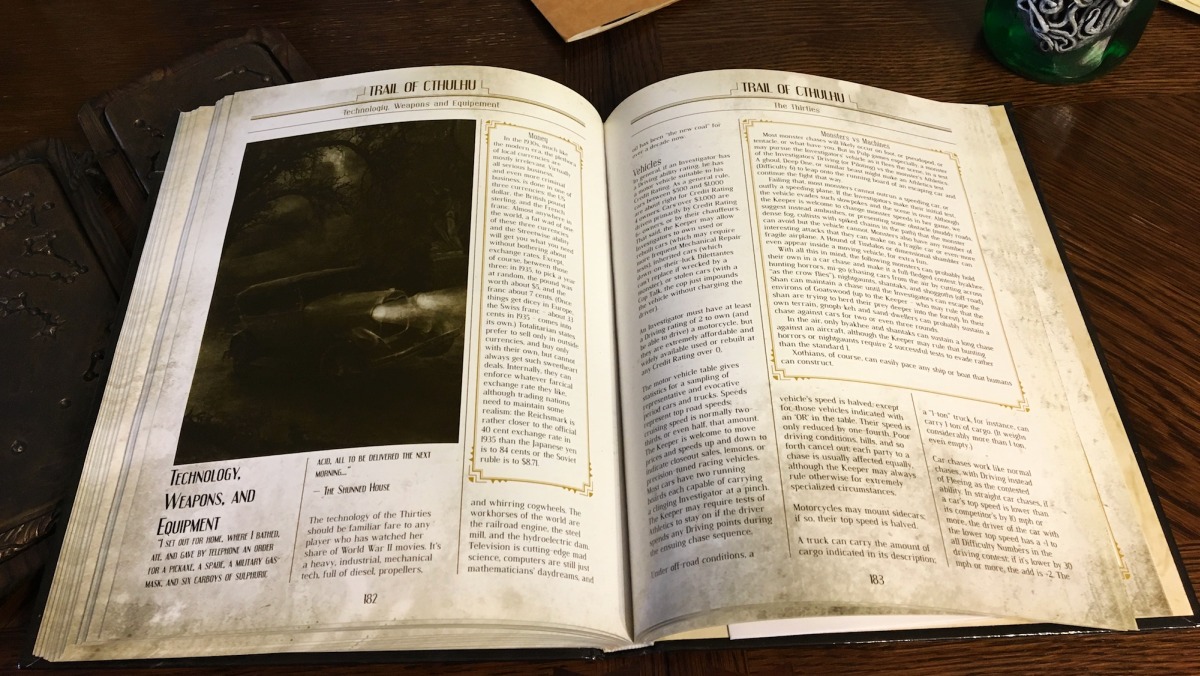
Similarly, Trail of Cthulhu has Purist and Pulp modes. If you’re a fan of existential despair and debilitating psychological traumas (like I am) go Purist. If you prefer shooting monsters and adventuring more in the style of Arkham Horror, go for Pulp. You can actually play most adventures in either mode.
No matter how you like your Lovecraftian games, Shut Up and Sit Down highly recommends at least sampling Trail of Cthulhu. Start with The Dying of St. Margaret’s. Just one little taste can’t possibly hurt. Then, whenever you feel compelled (and sooner or later you WILL feel compelled), gather a group together for Eternal Lies. Or create your own campaign using one of the excellent frameworks in the core rulebook.
And if you love Sherlock Homes: Consulting Detective but haven’t yet made the leap to an RPG, you really should find (or become) a GM and embark upon Trail of Cthulhu. Of course, there’s plenty to be afraid of: international cults, curses, monsters walking the earth in human form, really scary geometry. But don’t be afraid of the game. I firmly believe you’re ready to begin investigating some of these brilliantly designed, soul-destroying yet satisfying mysteries.
Special thanks to my GM Justin Alexander, whose notes on Eternal Lies you can find here.

